In pictures: A male feminist's view on African women
- Published
Photographer, blogger and poet Nana Kofi Acquah uses his travels around Africa to chronicle the lives of women at their most accomplished and at their most vulnerable.
A self-declared male feminist, he says his mission is to change the narrative around African women where they are often portrayed as victims of circumstance. The artist was interviewed by BBC Africa's Vera Kwakofi for the 100 Women series.
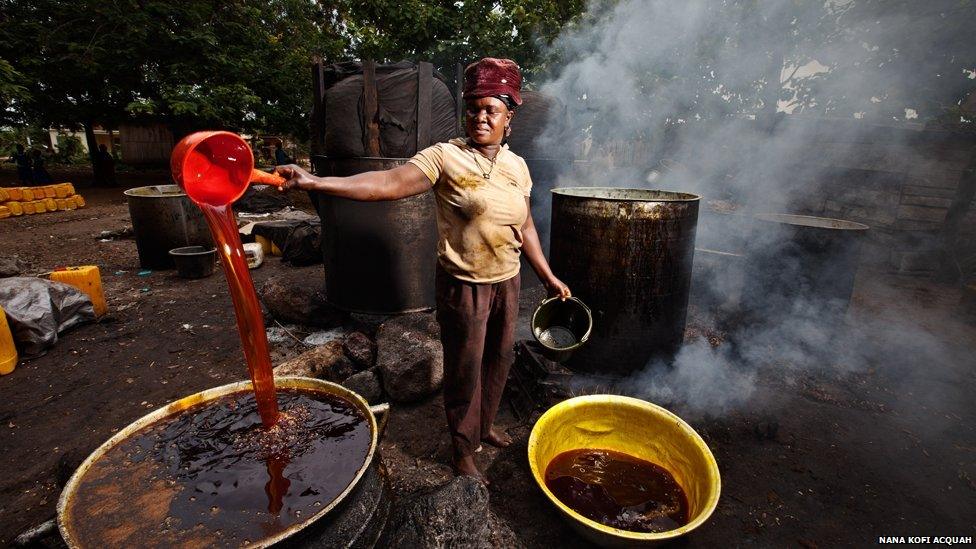
"For me, feminism is when we can create a world where a woman has the same rights as a man. I believe my daughter has the same rights as my sons," the photographer said.
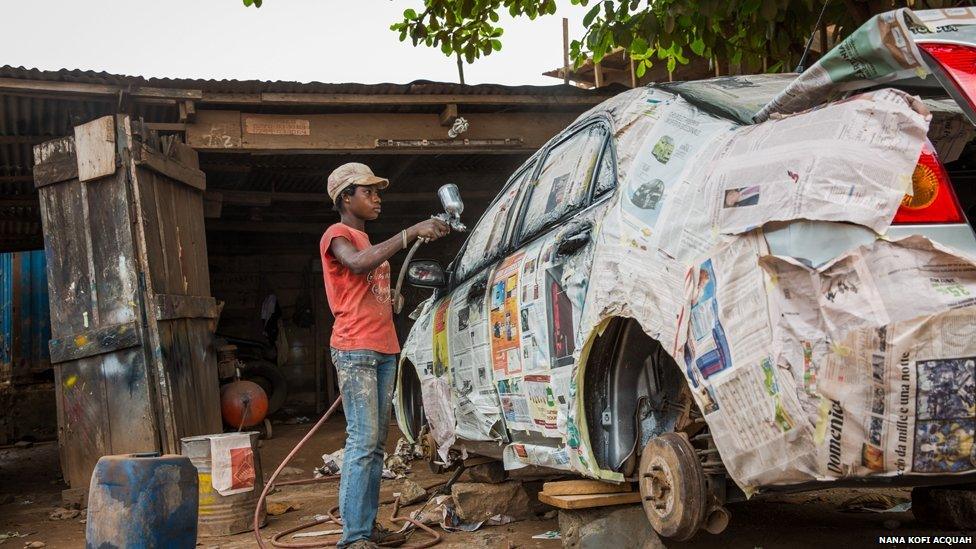
"The love of my grandmother, the lessons she taught me - and for my mother - made me consider myself as a feminist and put myself in a position to strongly push women's issues, any time I can," he said.
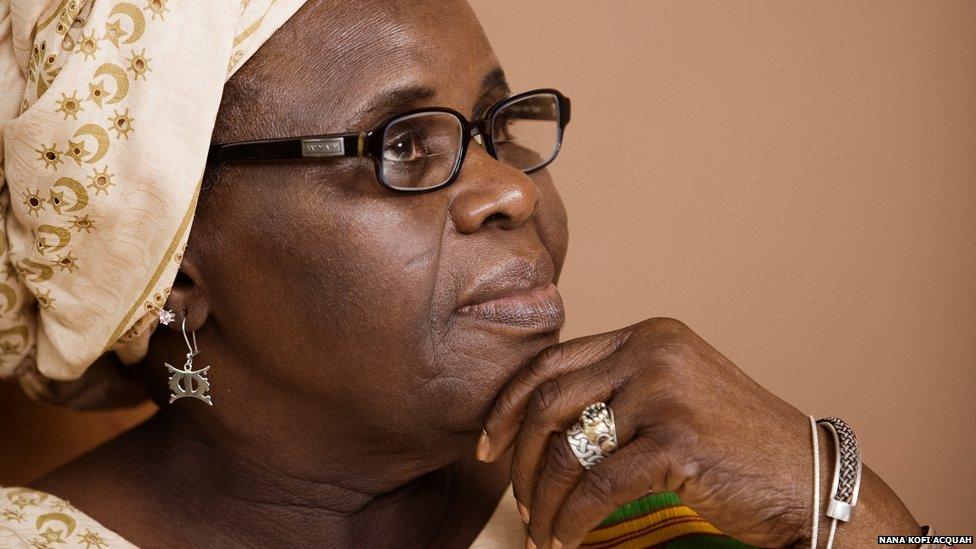
"I never got to photograph my grandmother. But when I met Ama Ata Aidoo - one my favourite writers - her wisdom, her sharp sense of humour, her interesting look at life, immediately reminded me of my grandmother."
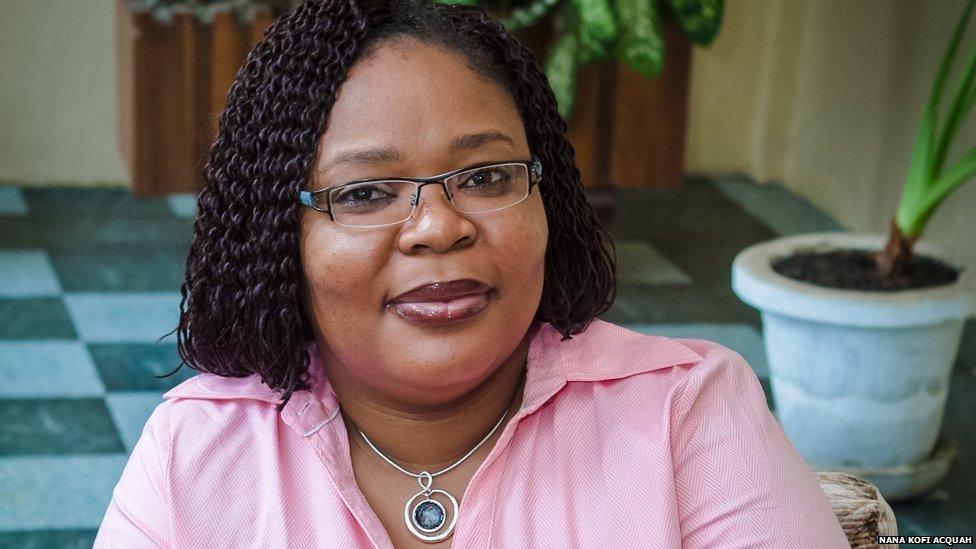
When Mr Acquah met Liberian activist Leymah Gbowee she had not yet won the Nobel Peace Prize for her role in ending her country's civil war in 2003. "You could tell that her head was in the right place, she knew what she wanted. She was a very determined woman, and with zero airs," he said.
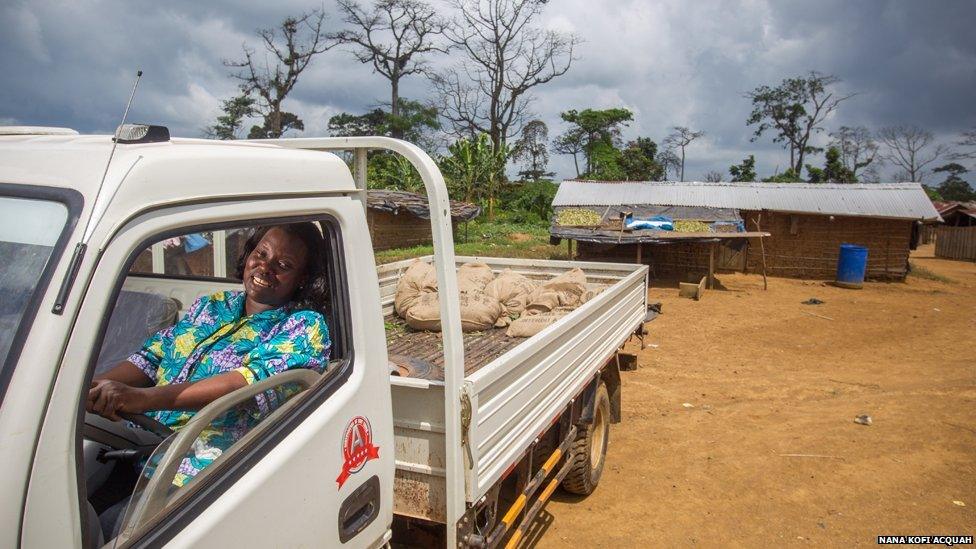
"In Gagnoa, Ivory Coast, I photographed Agathe Vanie, a woman who had worked her way up into becoming a leader for women cocoa farmers. Strong-willed and very affable, she also runs a restaurant and a mobile phone card business."
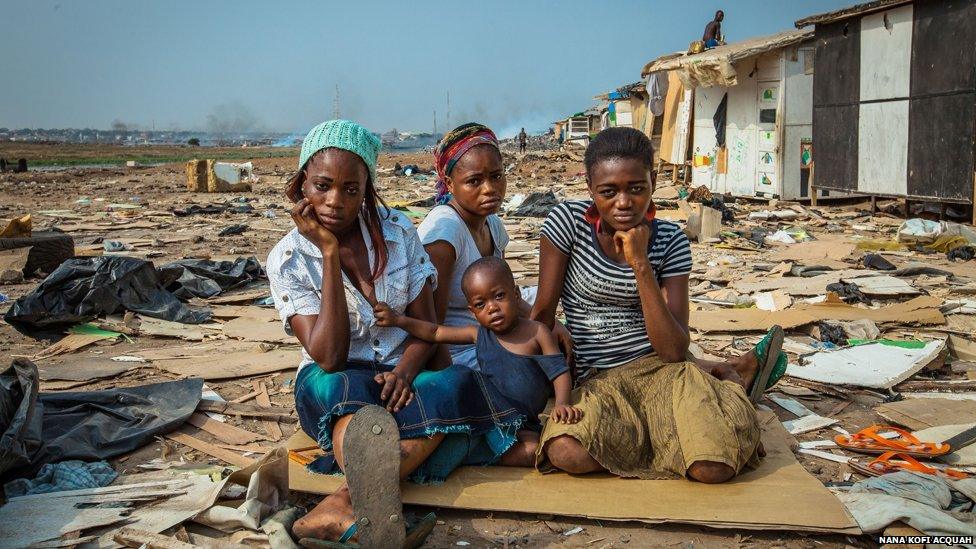
Old Fadama, also known as Sodom and Gomorrah, is a slum in Ghana's capital, Accra. These young migrant workers had saved some money to build a plywood and aluminium home, which was demolished by the government. "I'm sure that they built it again. They never give up," the photographer said.
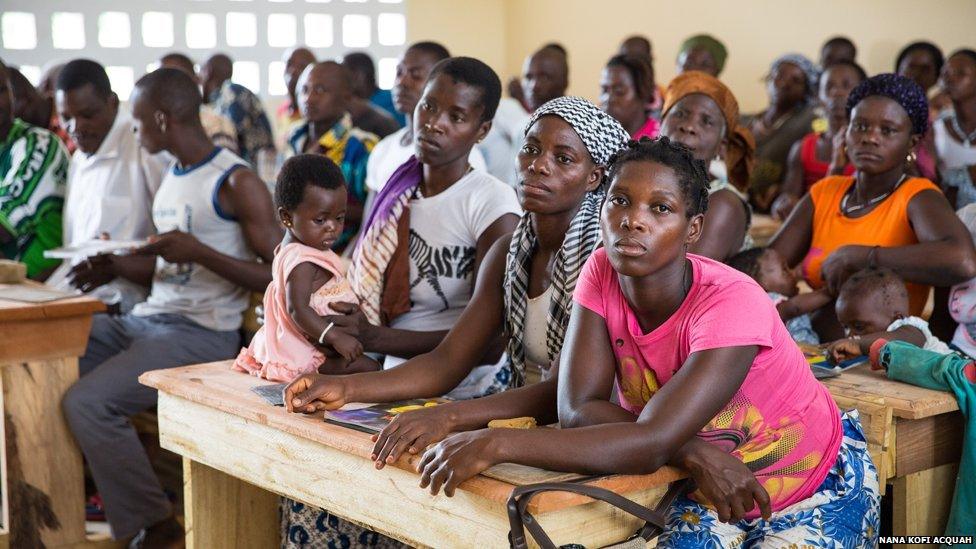
This school in a remote part of Ivory Coast was donated by a philanthropist. The community had never had a school, so children started going to classes in the morning, teenagers in the afternoon and adults in the evening. "Mothers would even breastfeed there. Nothing could get them out of the classroom."
.jpg)
Alimata Ouedraogo is the president of a weavers group in Ponsomtenga, Burkina Faso. Some of the fabrics they weave end up on the big fashion shows in the world. "When I got there they were weaving for some designer from Japan. She was also very proud that she was learning to read and write."
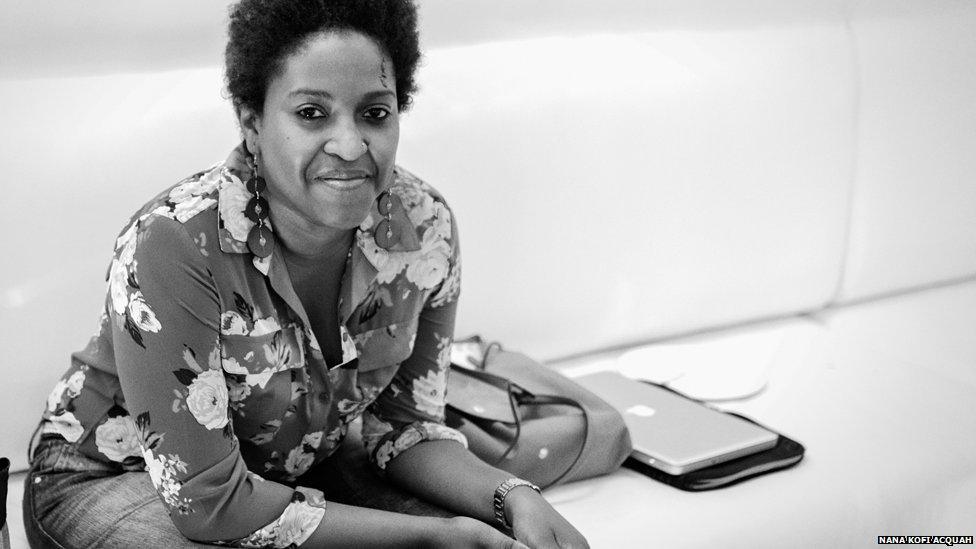
Kenyan lawyer Ory Okolloh is a prominent activist and blogger. "Normally, when you hear of a successful African woman, there is a perception that she is hard and not sociable. Ory quickly throws all that out of the window. She is someone you'd like to hang out with."
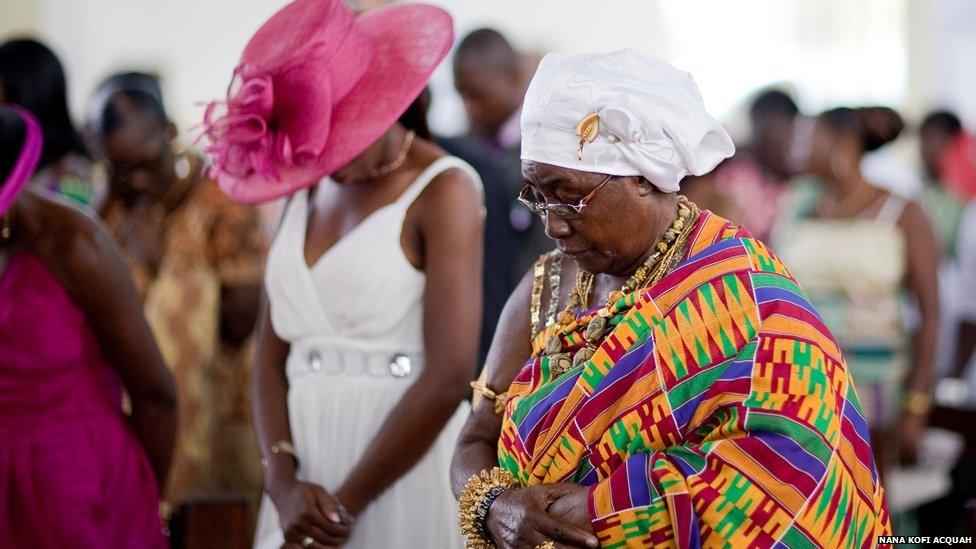
"I come from a matriarchal society. Women in my part of the world are very strong. They make the key decisions. We say that a child gets the soul of their father, but they belong to the mother," Mr Acquah said.
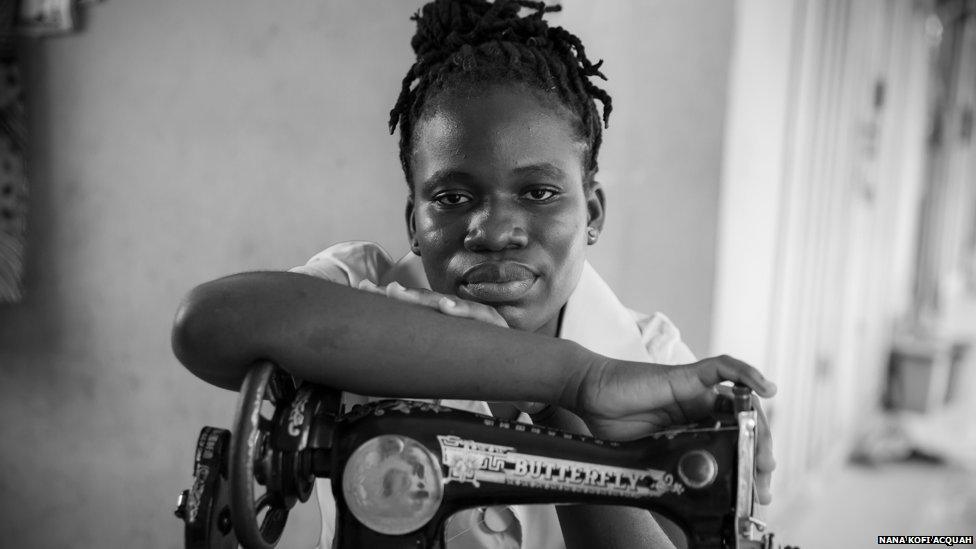
However, according to him, the normal trend in most parts of Africa he has visited is that women are treated by men as second class citizens; they often have no voice and live in cultures that tend to lack support systems for them.
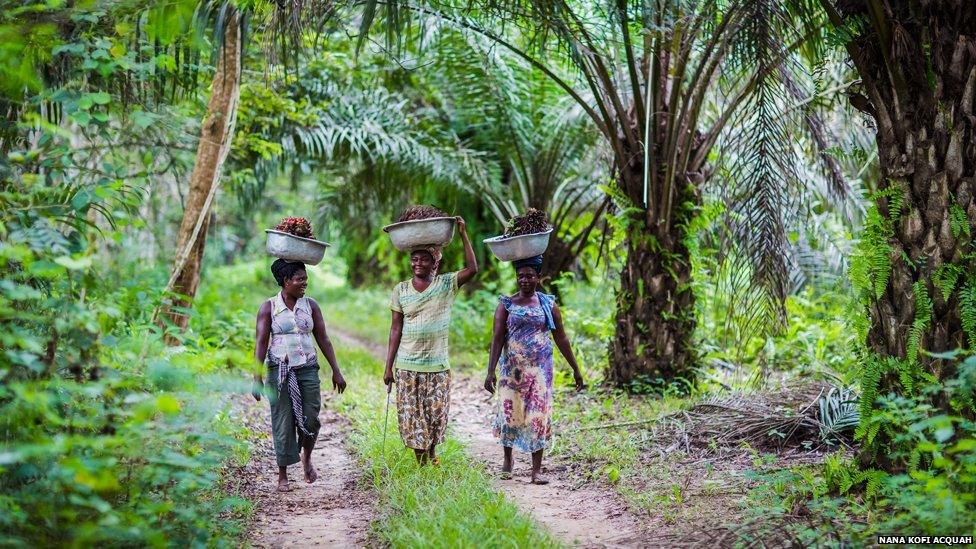
"The most dominant image of the African woman is as a beast of burden, she's carrying a pot on her head or she's carrying some firewood on her head, she's always burdened. I see artists trying to beautify it or glorify it, but that image always depresses me."
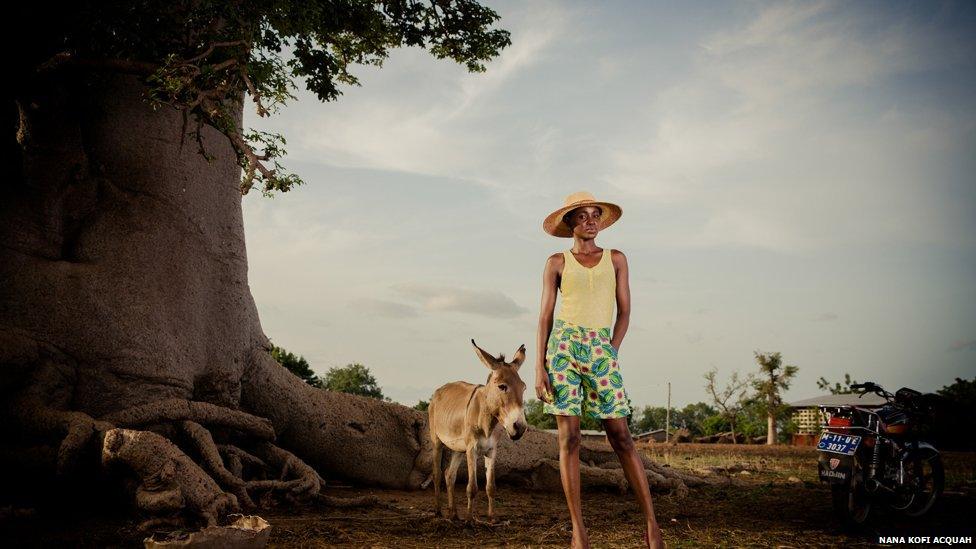
"We can't compare a woman to a donkey but in quite a bit of Africa that is how men treat their women. Many men are afraid that if they give women wings, they will go to realms that men themselves can never reach."
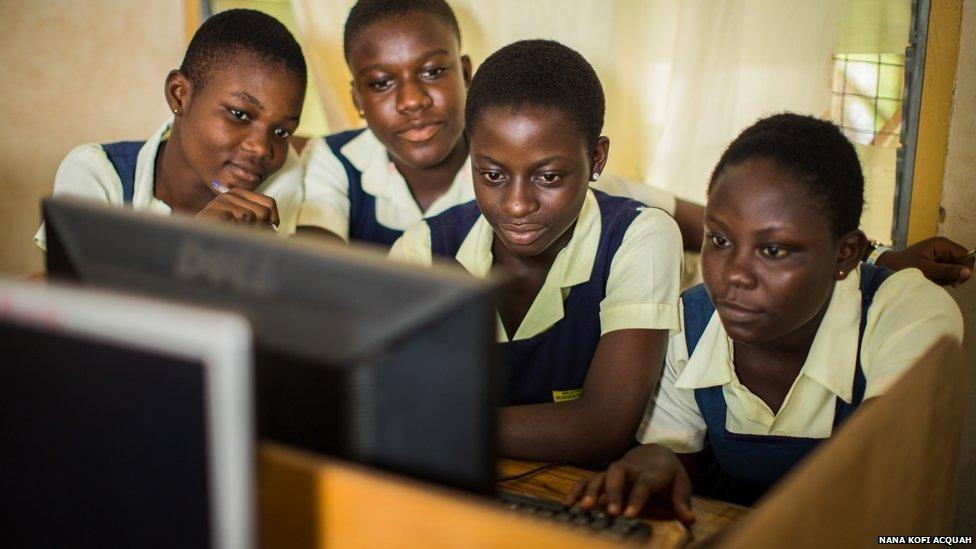
"A cousin once told me that he would never marry a woman who was more educated than he was. That insecurity he expressed as a teenager is the same insecurity I see in a lot of men, even well-educated men. When a man is insecure in front of a powerful, successful woman, I want to know why."
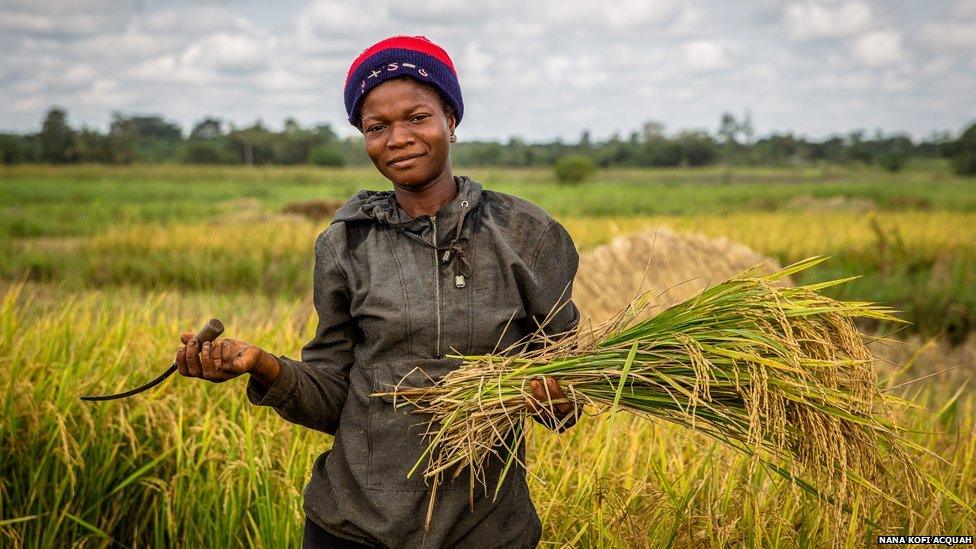
"If a woman wants her children to go to school, if she wants anything better, she has to work twice as hard as her brother. But what African women have in common is a beautiful, strong spirit. I see that everywhere I go, even in cultures where they look suppressed and downtrodden. They are strong fighters."